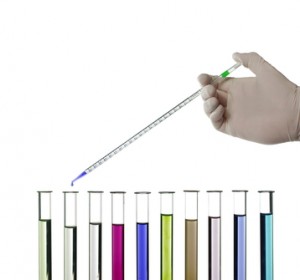 An article published in the July/August issue of Scientific Mind reported that up to 25% of people with autism (from the generation of Millennials, born between 1980-2000) eventually recover completely or become nearly indistinguishable from their peers as young adults.
An article published in the July/August issue of Scientific Mind reported that up to 25% of people with autism (from the generation of Millennials, born between 1980-2000) eventually recover completely or become nearly indistinguishable from their peers as young adults.
Studies were careful to exclude cases that did not meet true criteria for a solid initial diagnosis. These were genuinely autistic (not Aspergers) children who, having reached adulthood, demonstrated no trace of autism, or virtually no trace of autism.
There has been, and still is, a professional bias against full recovery. Because parents keep poor records of their interventions, professionals maintain, the factors that contribute to full recovery are still unclear.
In my opinion, this is because professionals have not been finding what they have not been looking for, so a survey of individual case studies was necessary to uncover the fact that, no matter how you slice it, a high percentage of autistics do recover. Maybe the numbers favoring recovery should be even higher than 25%.
Like many other parents, I was told that my son might improve, but would never be cured. According to a battery of psychometric tests and clinical observations that my son underwent recently, he doesn’t meet any of the criteria that led to his original diagnosis, and he no longer qualifies for special services.
Never expecting a cure, I educated my son at home for eight years to keep him from regressing, yet his eventual recovery was as solid as it gets. According to everything I studied, learned, and was told, this should have been impossible, unless I had pioneered a cure for high-functioning autism (Aspergers)!
Accepting, for now, the mantle of “mother who pioneered a cure for high-functioning autism,” I will begin to explain what I know about the recovery process in future posts, awaiting comments from autistics or parents of autistics whose outcomes exceeded expectations.

3 Responses to Is there a Cure for Autism?